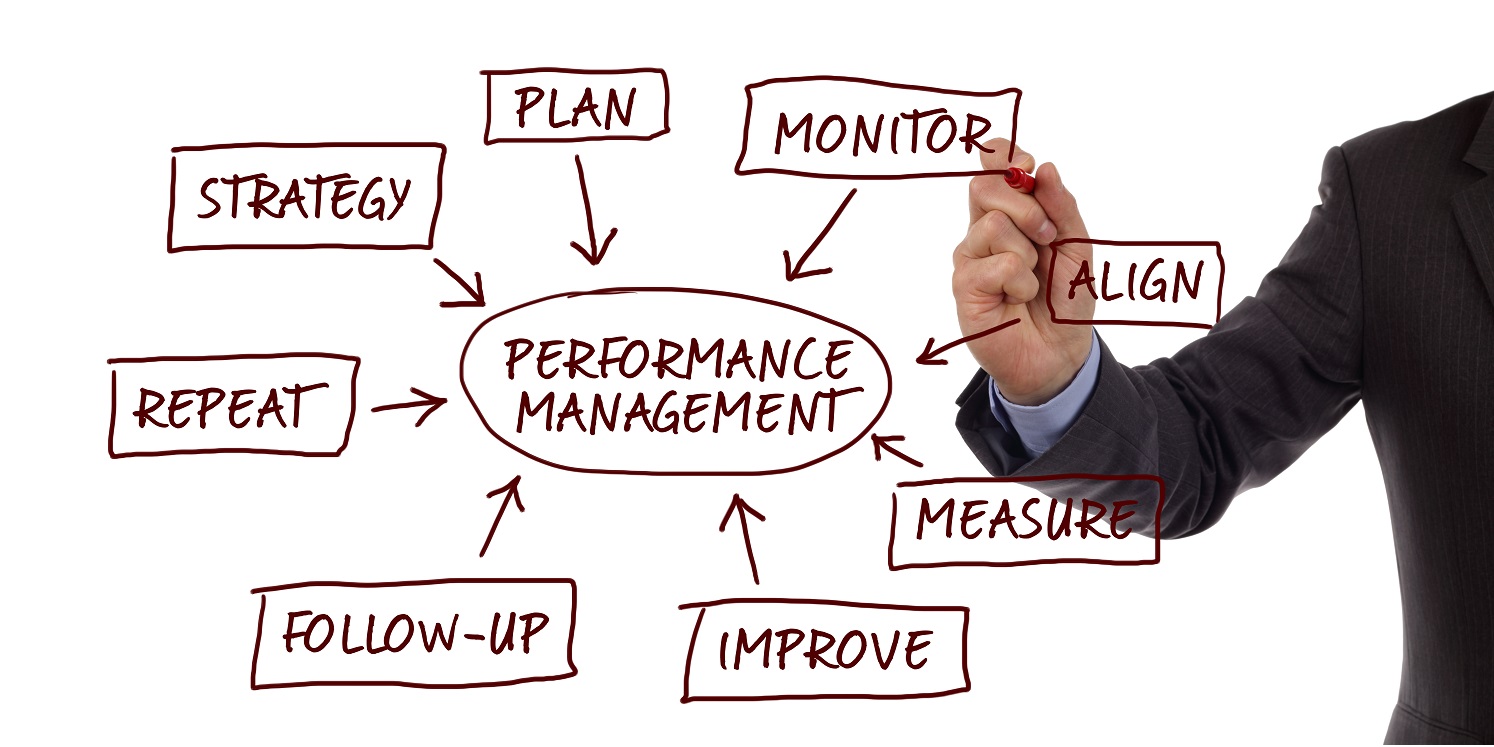Why is performance management planning important for small businesses and how can you put together a plan that works for your business and employees? HR consultant and author Gemma Dale outlines how to develop a great performance management plan.
Performance management is a broad term that encompasses all aspects of managing, developing, and supporting employee performance in the workplace. It includes formal and informal processes, and the management of poor performance too.
The terminology and approach may vary from organisation to organisation; appraisals, performance reviews, 1-2-1s, performance plans – whatever process we design and whatever we choose to call them, every business and every employee needs performance management.
Why is performance management planning important?

Good performance management contributes not only to individual success, but overall business performance and success. It ensures that each employee knows what is expected of them. It enables ongoing learning and development and, when done well, can also support employee engagement and motivation. Effective performance management will also align employees with the business strategy, and vision and mission of the organisation as a whole.
However, getting performance management right can be a challenge. It can be an uncomfortable process for both the manager and the employee – not everyone enjoys giving and receiving feedback. Sometimes, performance management is process and form driven, and its value is not truly understood. So, just how do you do performance management properly and ensure it truly supports business strategy? Start with developing your strategic performance management plan.
How to develop a strategic performance management plan

First of all, there is no single approach to managing performance or strategic performance planning. There’s also no single approach to implementing individual performance management plans. There are, however, a number of good practice elements that all approaches should take, such as ensuring regular meetings, determining clear objectives, and maintaining effective documentation.
Performance management processes should apply to all employees, even if the specific process varies according to role. There are some key decisions for an organisation to make:
1. How often do you want people to meet to discuss performance?
This is likely to be driven by the role type. For some roles, meeting monthly is appropriate; for others, quarterly will suffice. It may even vary within the organisation – recommending a minimum (such as meeting twice a year) will help to ensure that performance meetings do take place!
2. Will performance be formally graded?
There are conflicting views on whether it is good practice to grade or score performance, or to link these grades to reward or pay. Whatever decision an organisation takes about assessment, transparency and clarity is critical. Employees should know in advance how they may get graded and any criteria that will be considered. This helps to ensure that the process feels fair.
3. How to assess potential
Performance management should not just be about looking at the past, or immediate term priorities. Strategic performance planning should include assessment of future capability and identification of high performers – and employees who have the potential to develop and take on more.
4. The process for reviewing performance
Reviews or appraisals provide the structure to individual performance management plans. These should both look back at recent performance, and forward to future objectives. They should also include a discussion about learning and development needs and plans. Ideally, processes should be as simple and straightforward as possible to help people use them to best effect, and without the paperwork becoming a distraction or burden.
5. How performance will be measured and recognised
Exactly how performance should be measured will vary depending on the type of work undertaken – but without clear measures for performance there is a risk that assessment will be subjective and may be influenced by irrelevant issues. A lack of standardisation makes any meaningful comparisons, from review to review or between people, very difficult.
Once these key decisions are taken a process and policy can be developed and communicated. Policies should be clear and transparent, with defined roles and responsibilities. This helps to make the process fair and understood. If there is any link to reward and pay, this should also be set out in any policy.
Learn how to write great HR policies with our downloadable guide
Implementing your performance plan

After the strategic organisation wide approach to performance management has been determined, the next step is to consider practical implementation of performance management plans.
Train performance managers in having great performance conversations: Performance management effectiveness rests upon the quality of the dialogue between managers and employees. Ensure managers know how to provide constructive, useful and timely feedback, how to set meaningful objectives – and how to address under and poor performance. Great performance managers know how to coach for performance, not just tell people what to do.
Provide manager guidance: In addition to formal training, help managers to make meetings valuable by providing them with straightforward guidance on the process and their role and responsibilities. This should include properly documenting reviews and conversations.
Provide employees with guidance too: Make sure that they know what is expected from them, especially in terms of preparing for performance management meetings and planning for their own learning and development.
Encourage a regular, two-way dialogue: Performance management of all types is most effective when talking about performance and giving and receiving feedback is just part of normal, day to day organisational life. Performance management should be a continuous cycle.
Using your HR System to support performance management
Maintaining accurate records of performance management activities and monitoring that your chosen process is actually happening is crucial. Objectives and feedback should be not only communicated but documented. Centralised storage of these documents makes them easy to access for everyone, so they can be quickly and simply updated.
In the event that underperformance becomes a problem, they also provide important history that may be required in formal proceedings. Clearly written performance records help to ensure that everyone knows just what is expected of them.
Learn how performance management tools, as part of an online HR system, can help improve your performance process and outcomes.
However an organisation chooses to plan for performance, both at a strategic and individual level, the final element for success is reviewing that approach and adapting it where required. Always consider: are your performance management strategies and individual performance action plan supporting the overall success of the business?

Written by Gemma Dale
Gemma Dale is an experienced senior HR professional, CIPD Chartered Fellow, HEA Fellow, and a regular speaker and writer on a variety of HR topics. Gemma is the co-author of the book 'Flexible Working' published by Kogan Page in 2020. She is also a lecturer in the Business School at Liverpool John Moores University and runs her own business, The Work Consultancy.


 Holiday Planner
Holiday Planner Absence Management
Absence Management Performance Management
Performance Management Staff Management
Staff Management Document Management
Document Management Reporting
Reporting Health and Safety Management
Health and Safety Management Task Management
Task Management Security Centre
Security Centre Self Service
Self Service Mobile
Mobile




